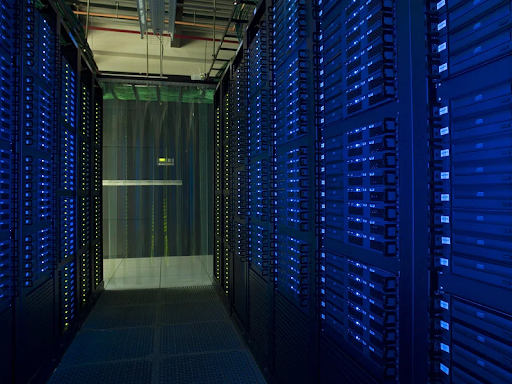The race for AI dominance is officially leaving the planet. Google has revealed its own plans for space-based datacenters, joining other major players like Elon Musk and Nvidia who are also looking to orbit as the next frontier for high-performance computing.
Google’s initiative, “Project Suncatcher,” aims to have trial equipment in orbit by early 2027. The plan involves satellite constellations carrying its specialized AI processors (TPUs). This announcement comes as competitors are already making similar moves, signaling a new space race focused on data rather than exploration.
Elon Musk, who runs both SpaceX and the Starlink satellite internet service, recently stated his companies would also begin work to create datacenters in space. This synergy between a rocket provider (SpaceX) and a satellite network (Starlink) makes his entry a formidable one.
Similarly, AI chip giant Nvidia is not sitting idle. The company is partnering with the startup Starcloud to launch its own AI chips into space later this month. Starcloud’s co-founder highlighted the “unlimited, low-cost renewable energy” in space as a key driver, alongside a 10-fold CO2 saving compared to terrestrial power.
This convergence of tech titans on a single, ambitious idea—moving AI’s heavy lifting to space—is driven by shared challenges. All are facing the $3 trillion cost of earthbound datacenters and their immense environmental footprint. As launch costs fall, the competition is on to see who can first solve the engineering challenges and claim the high ground, literally.

